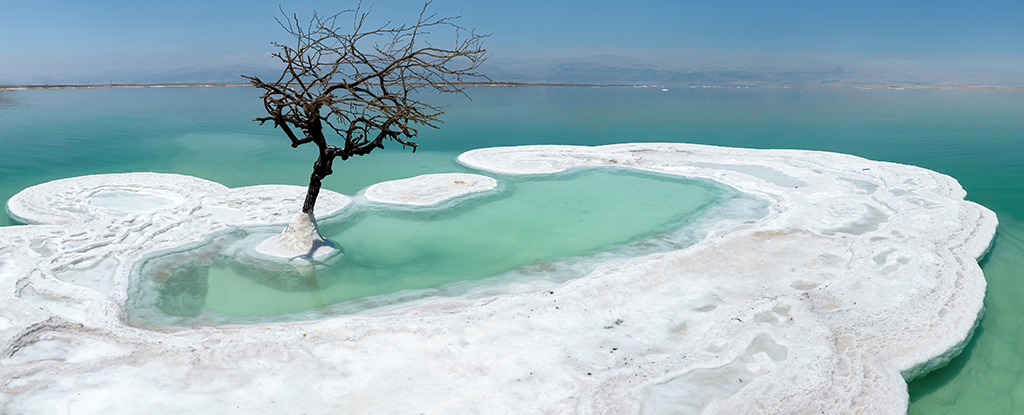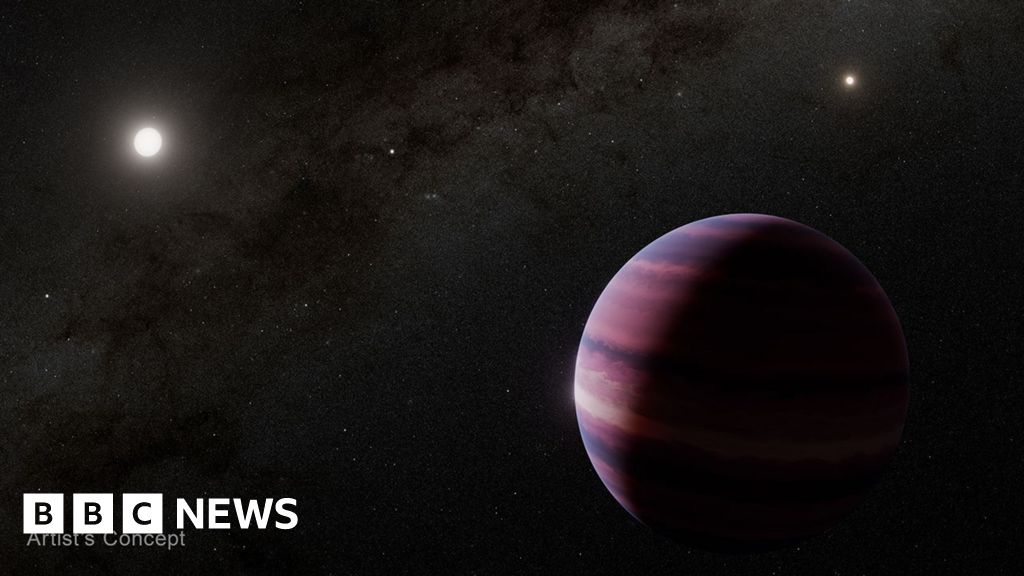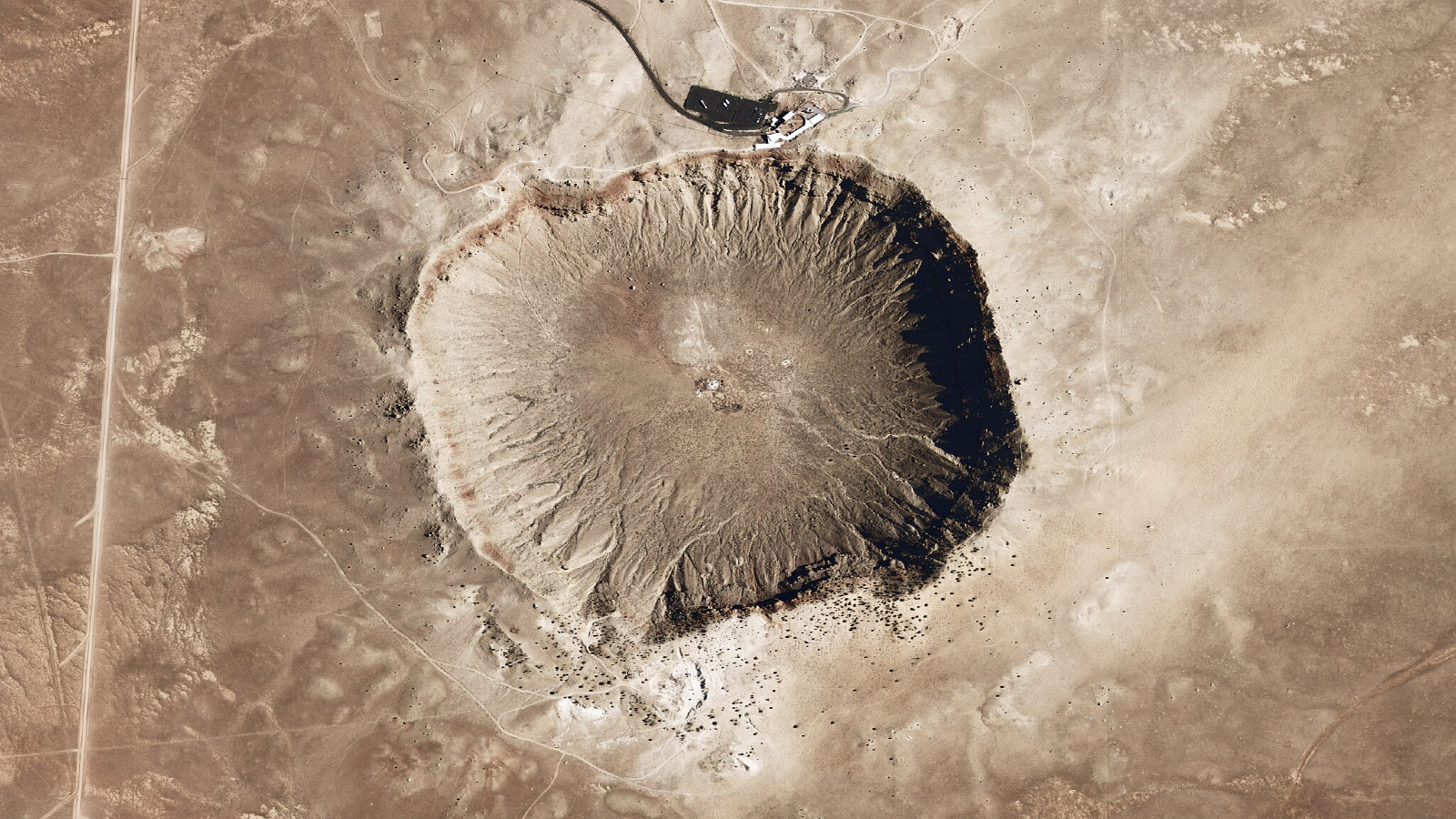The large-scale deposits of salt around the Dead Sea, known as salt giants, are built up as the lake’s highly saline water evaporates, and a new study of their formation has revealed some of the secrets of these mounds of halite. That’s exciting for geologists, because salt giants can be found in several other places, including under the Mediterranean Sea. …
Read More »Tag Archives: earths
A sudden slowdown in Earth’s spin was detected on August 5! Is it a warning sign?
The solar day we experience is exactly 24 hours, or 86,400 seconds. Small variations occur naturally, caused by shifts in wind patterns, ocean currents, and movements within Earth’s interior. Over the long term, the Moon’s tidal pull gradually slows Earth’s rotation. Source link
Read More »Massive comet trail may have transformed Earth’s climate more than 12,000 years ago, tiny particles suggest
Scientists have found new evidence that a massive comet trail may have caused climate upheaval on Earth more than 12,000 years ago. Tiny particles detected in ocean sediment cores suggest that dust from a large, disintegrating comet entered Earth’s atmosphere around the beginning of the Younger Dryas event, a period of abrupt cooling that caused temperatures in the Northern Hemisphere …
Read More »New signs found of giant gas planet in ‘Earth’s neighbourhood’
Georgina Rannard Science correspondent NASA, ESA, CSA, STScI, R. Hurt (Caltech/IPAC) An artist’s drawing of what the new planet might look like. Our Sun is the small dot of light between the two bright stars on the left and right. Scientists have found strong evidence of a giant gas planet in the nearest star system to our own. At four-and-a-half …
Read More »Earth’s ‘oldest’ impact crater is much younger than previously thought, new study finds
When you buy through links on our articles, Future and its syndication partners may earn a commission. A large impact crater in Arizona. | Credit: NASA Earth Observatory via Wikimedia Commons This article was originally published at The Conversation. The publication contributed the article to Space.com’s Expert Voices: Op-Ed & Insights. Ever been late because you misread a clock? Sometimes, …
Read More »Earth’s ‘oldest’ impact crater is much younger than previously thought, new study finds
This article was originally published at The Conversation. The publication contributed the article to Space.com’s Expert Voices: Op-Ed & Insights. Ever been late because you misread a clock? Sometimes, the “clocks” geologists use to date events can also be misread. Unravelling Earth’s 4.5-billion-year history with rocks is tricky business. Case in point: the discovery of an ancient meteorite impact crater …
Read More »EARTH’s Rotten Tomatoes Score Revealed As First Reviews For Noah Hawley’s TV Series Land
With Noah Hawley in charge, fans have long expected Alien: Earth to offer a vastly different take on the long-running sci-fi franchise. Still, if the first wave of reviews is anything to go by, the Fargo and Legion showrunner has indeed put a bold new spin on the iconic property. Boasting a story focusing on synthetics over the expected slaughter of …
Read More »Earth’s rotation will mysteriously speed up TOMORROW as scientists contemplate unprecedented move
By STACY LIBERATORE, U.S. SCIENCE & TECHNOLOGY EDITOR Scientists have warned that Earth’s rotation is set to speed up on Tuesday, resulting in one of the shortest days in recorded history. The change, driven by the moon’s gravitational pull, will cause the planet to spin slightly faster at its poles, shaving 1.25 milliseconds off the usual 24-hour day. While the …
Read More »Mysterious boost to Earth’s spin will make Aug. 5 one of the shortest days on record
The days are getting shorter and not just because summer is waning in the Northern Hemisphere. On Tuesday, Aug. 5, Earth’s solar day will be ever so slightly shorter than usual 24 hours, according to Timeanddate.com, making it not only one of the shortest days of 2025, but also since records began. At just 1.25 milliseconds under the 86,400-second mark, …
Read More »Earth’s Oxygen Dissipation Begins Earlier Than Expected, and NASA Sets a Date for the End of Life
The air we breathe may seem like a permanent feature of our planet, but new research suggests it’s far from eternal. A study published in Nature Geoscience by scientists from NASA and Japan’s Toho University paints a stark picture: Earth’s oxygen-rich atmosphere, which supports complex life, will likely collapse within the next billion years. Even more striking, the initial decline …
Read More »








